To provide the best experiences, we use technologies like cookies to store and/or access device information. Consenting to these technologies will allow us to process data such as browsing behaviour or unique IDs on this site. Not consenting or withdrawing consent, may adversely affect certain features and functions.
The technical storage or access is strictly necessary for the legitimate purpose of enabling the use of a specific service explicitly requested by the subscriber or user, or for the sole purpose of carrying out the transmission of a communication over an electronic communications network.
The technical storage or access is necessary for the legitimate purpose of storing preferences that are not requested by the subscriber or user.
The technical storage or access that is used exclusively for statistical purposes.
The technical storage or access that is used exclusively for anonymous statistical purposes. Without a subpoena, voluntary compliance on the part of your Internet Service Provider, or additional records from a third party, information stored or retrieved for this purpose alone cannot usually be used to identify you.
The technical storage or access is required to create user profiles to send advertising, or to track the user on a website or across several websites for similar marketing purposes.
 A survey [registration] of 300 managers at organisations in industrial sectors across the U.K., U.S. and Germany by ESG consulting firm Sphera, claims that while 85 percent of companies now have net zero strategies, the majority are failing to incorporate them into daily business operations. Only 41 percent of operations managers have seen sustainability strategies produce significant changes in daily practices, and 32 percent say their firms do not align with science-based emissions targets. More →
A survey [registration] of 300 managers at organisations in industrial sectors across the U.K., U.S. and Germany by ESG consulting firm Sphera, claims that while 85 percent of companies now have net zero strategies, the majority are failing to incorporate them into daily business operations. Only 41 percent of operations managers have seen sustainability strategies produce significant changes in daily practices, and 32 percent say their firms do not align with science-based emissions targets. More →






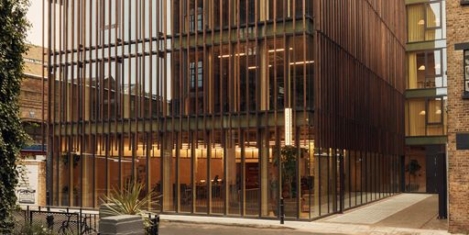
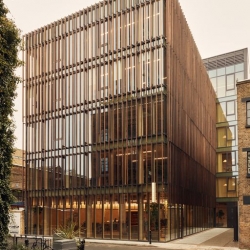 Flexible office provider TOG has announced the opening of its first project built from the ground up – The Black & White Building, located in Shoreditch. The firm claims that The Black & White Building is Central London’s tallest mass timber office, standing at 17.8 metres high and covering 38,315 sq ft. The workspace has been built using renewable materials and innovative construction methods, which
Flexible office provider TOG has announced the opening of its first project built from the ground up – The Black & White Building, located in Shoreditch. The firm claims that The Black & White Building is Central London’s tallest mass timber office, standing at 17.8 metres high and covering 38,315 sq ft. The workspace has been built using renewable materials and innovative construction methods, which 
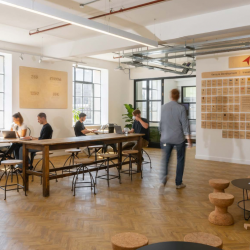







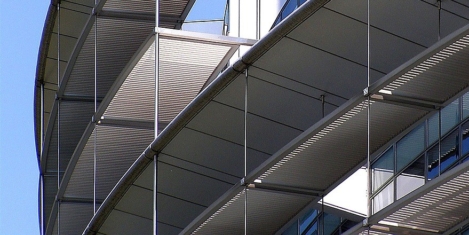
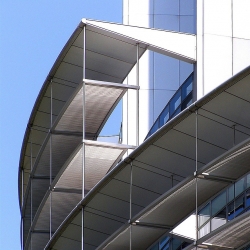



















November 20, 2022
Is carbon counting really the answer for the office furniture industry?
by Joanna Knight • Comment, Environment, JK